Let’s face it — no single tool can offer all the capabilities to get you through your DevOps approach. You need to find the right mix of tools, strategies, and teams to suit their workflows and approaches. With 2018 projecting a movement for DevOps into mainstream implementation, this becomes even more relevant.
There are several products out there for developers and IT operations that have the DevOps label on them. A lot of vendors have created innovative new products designed from the ground up to support DevOps. Vendors are recognising the ability of DevOps to do more than it promises. Lance Knight, Go2Group’s COO rightly states that doing DevOps means getting more things to market faster. “Don’t just think about it as delivering software faster, but think of it as delivering market-differentiating factors to the customer faster.” Vendors are constantly adding new capabilities to tools and organizations are refining their approaches.
Organizations that have exhibited high-performance through DevOps are using an assortment of tools to enable their developers and operations to collaborate better while automating their work as much as possible. Most tools more or less cover collaboration, continuous integration and continuous deployment, build automation, test automation, infrastructure and application monitoring and management, integration, containerisation, code hosting and review, server less computing and more.
The two most important trends in 2018 within DevOps tooling is the adoption of cloud infrastructure and increase in could-based tools, and development and use of open source tools. Clearly the two have or will become commonplace mainly because of the ease of automation, streamlining of tasks, configuration and management, easy integration, and more.
We’ve picked a few tools for you based on the current trends and popular DevOps tooling vendors you need to watch out. You ready then? Get your hands dirty with these 10 DevOps tools, in no particular order.
Jenkins by CloudBees is a continuous integration (CI) and continuous delivery (CD) solution that has become the open source standard for managing the development side of DevOps, from source code management to delivering code to production. It monitors execution of repeated tasks and helps find issues quickly, increases the scale of automation, and distributes tasks across multiple machines.
Puppet Enterprise by Puppet is a high-powered DevOps tool that enables an organization with common DevOps practices like automated testing, CI/CD, version control, code review, and more, eliminating manual work within a software delivery process.
ConnectALL by Go2Group is an application integration solution that connects multiple tools and applications, enabling an organization’s development and management teams to collaborate efficiently and flawlessly across many development platforms. It seamlessly unifies various DevOps systems so your teams can use the tools of their choice and still work together.
New Relic APM by New Relic is a software analytics product that is very useful in DevOps. It delivers real-time and trending data of an application’s performance, also giving visibility to end-user experience. It allows you to organise, visualise, and evaluate in-depth analytics allowing a DevOps team to reduce the time taken to monitor applications.
Stackify by Stackify LLC is a DevOps tool for diagnosing application performance issues and an ideal solution for intelligent orchestration for software-defined data center. It enables integrated container management with Docker datacenter and shows real-time logs, secure access and configures image caches.
Docker by Docker, Inc. is a complete DevOps suite that allows teams especially developers and system admins to build, ship, and run distributed applications enabling easy collaboration anytime, anywhere, including laptops, data center VMs, or the cloud. It is a popular tool for containerisation within DevOps practice wherein it groups applications into containers to eliminate conflicts and enhancing security.
Nagios by Nagios Enterprises is an open source computer-software application that helps DevOps teams to monitor, find and correct problems with systems, infrastructures and networks. It also offers monitoring and alerting services for switches, applications, and more.
Chef Automate by Chef is a cloud-based continuous automation platform that helps DevOps teams with speed, scale, and consistency. It enables automation that crosses departments and functions and works for your oldest legacy systems and your newest cloud deployments, scaling as you grow.
Jira by Atlassian is a project management tool that supports any agile methodology, including scrum and kanban. From agile boards to reports, your DevOps teams can plan, track, and manage all your agile software development projects from a single tool.
CodePipeline by Amazon Web Services is a CI/CD solution for fast and reliable application and infrastructure updates that enables you to model, visualize, and automate the steps required for applications you want to release in the cloud.
We highly recommend that you try out a combination of these tools and more importantly follow the vendors who are continuously improving the products to help organizations with business transformation. Write to us and share your DevOps story.

Head of Content Marketing at ConnectALL, responsible for communication and content marketing strategy. For two decades, I’ve assisted businesses to integrate content marketing into their marketing plans to achieve their business goals. I specialize in creating and developing content (inbound and outbound) across various online and offline channels from websites, blogs, and social media to email marketing and marketing communication collateral.
Subscribe to the blog
Check out other posts on the blog
- Celebrating Women in Technology: The Betty Knight ConnectALL Technology Scholarship Takes Its Second Stride
- Best Value Stream Management Tool: What Is ConnectALL’s Secret Sauce?
- Control the Flow in Your Software Delivery Value Stream Like Never Before: Introducing Logic Flow Adapters and Other Advanced Automation Capabilities in ConnectALL v2.11

Head of Content Marketing at ConnectALL, responsible for communication and content marketing strategy. For two decades, I’ve assisted businesses to integrate content marketing into their marketing plans to achieve their business goals. I specialize in creating and developing content (inbound and outbound) across various online and offline channels from websites, blogs, and social media to email marketing and marketing communication collateral.


